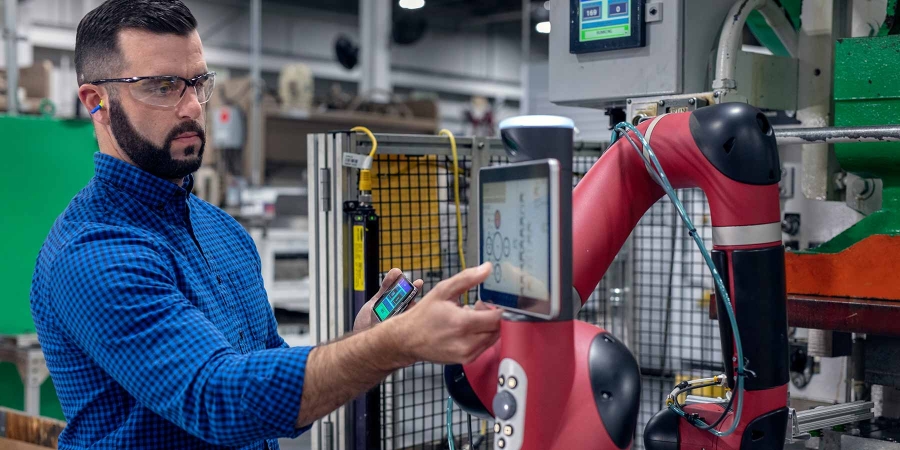4 Tips on Building Manufacturing Agility for SMEs
Advice from the Singapore Manufacturing Federation
Editor’s Note: The COVID-19 pandemic has disrupted the manufacturing industry on a massive scale. What will the “New Normal” be for manufacturers? What must SME manufacturers do to ride the digitalisation wave?
In this post, Dr Ahmad Magad, Secretary-General of the Singapore Manufacturing Federation, shares with us the key mindset shifts that SME owners should adopt in order to build an agile and resilient organisation.
“Change is the only constant”
1. Be open to change and recognise that business models of the past may no longer work
While manufacturing may typically be quite a conservative industry, COVID-19 has created many challenges that require manufacturers to innovate like never before. Manufacturers are forced to rethink risk management and contingency plans, workforce safety protocols and new ways of handling their manufacturing operations and activities. This requires a significant shift in mindset from traditional processes to more advanced manufacturing technologies.
Studying the art and science of business modelling no longer adequately prepares you for the future. In the past, business models were used to explore a range of complex decisions and identify essential elements that drive businesses. Today, however, when faced with a volatile, uncertain, complex and ambiguous (VUCA) world, manufacturers have to be open to change and be willing to embrace new ideas.
Evidence has shown us time and again that businesses that are unwilling to change and which are set in their old ways are likely to lose out to competitors and face the prospect of being phased out. As SME manufacturers, it is crucial for them to adopt a mindset shift so that they can begin to innovate and adopt new ways of working.
“Identify and bridge the skills gap”
2. Study the market and be quick to identify new and relevant skills
Once you are ready to embark on your digital transformation journey, the next step will be to identify the relevant skills needed in the industry of tomorrow. It comes as no surprise that there is a wide range of new skills that are required by the workforce to digitalise and transform. The challenge many manufacturers face is in identifying effective training and education pathways for their organisation’s employees.
As an SME manufacturer, it is essential to think about new industry trends along with where your market is heading for. With industry 4.0 set to exacerbate the speed of digitalisation, it is almost certain that manufacturing jobs of the future will require expertise in digital technologies and digital systems. It is therefore, imperative to improve your employees’ familiarity with IT hardware and software, digital networks and manufacturing-related digital tools.
To bridge the growing skills gap in the manufacturing industry, you should look into areas such as Digital Fluency, Data Analytics, Change Management, Cybersecurity, Problem Solving and other relevant soft skills. Identify the skills needed in your particular business, discern where the opportunity lies within your organisation and actively seek support to enable training opportunities for your employees.
“Invest in human capital development”
3. Train and retrain in a continuous cycle of improvement
“Manufacturing in the New Normal”
4. Build business resilience in an environment of adversity through digitalisation
Finally, the last catalyst for change lies in business resilience. This requires manufacturers to be agile and adapt quickly to new challenges and also identify new opportunities. In the manufacturing sector, this means accelerated deployment of Industrial IoT, including sensing devices, data visualisation, remote collaboration tools and AI-based insights across their operations.
In the near future, access to reliable, real-time data will become an even more important strategic resource. Companies that are able to embrace advanced manufacturing technologies enjoy greater predictability and flexibility in securing their supply chains and manufacturing operations. This gives them a higher degree of competitive advantage over their peers, and makes them more resilient to unforeseen crises, such as the current COVID-19 pandemic.
As an SME manufacturer, it is important to look into digitalisation not simply as a response to the COVID-19 crisis but also as the gateway to Industry 4.0. Measuring the ROI on digitalisation is no longer as straightforward as before. The cost of adopting new technologies should be seen as investments in transformation and growth - key components in keeping the business agile, relevant and resilient in an environment of adversity.
Check Out Our Articles On Automation For SME Owners










